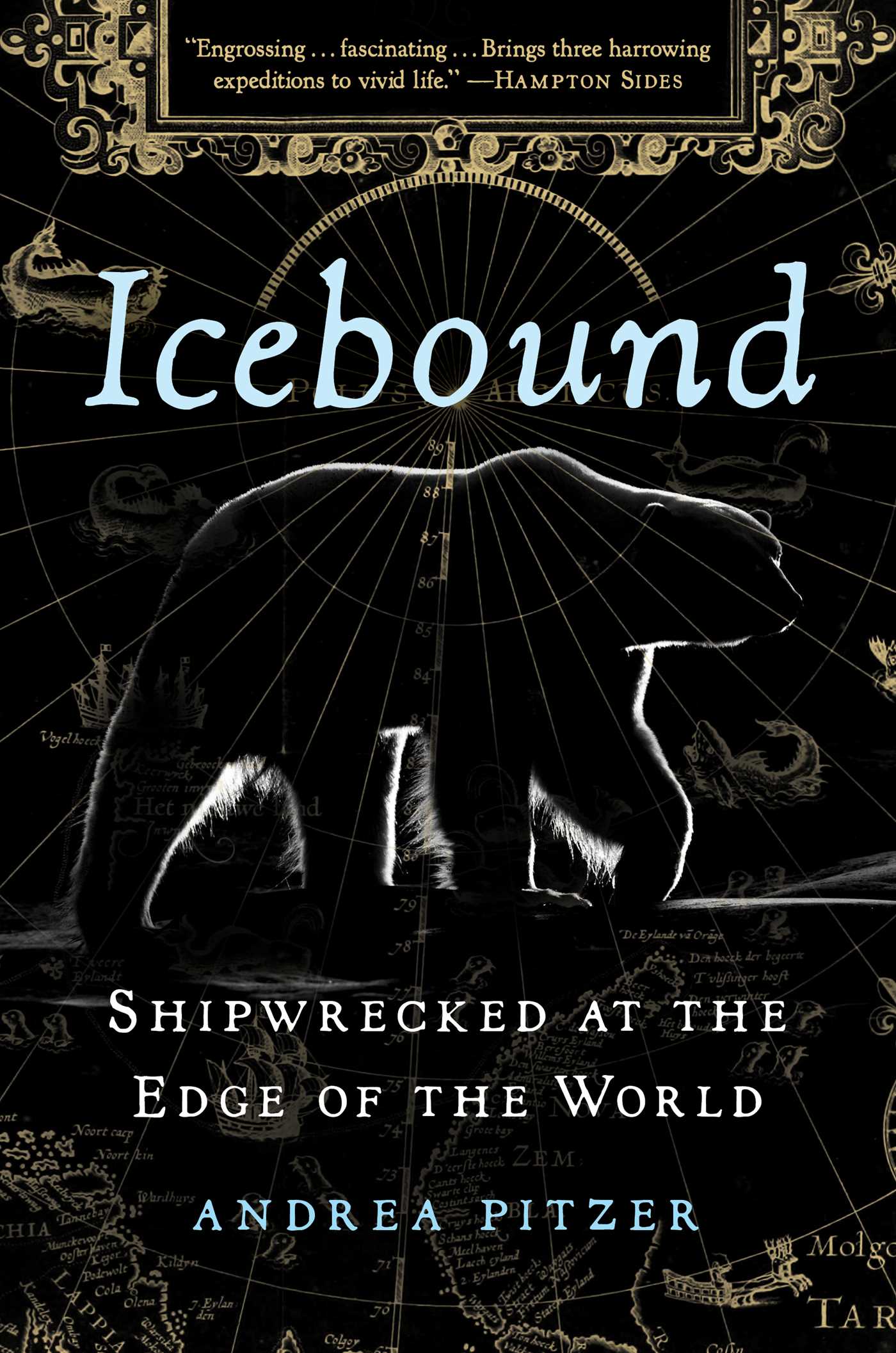What do you think?
Rate this book


320 pages, Hardcover
First published January 12, 2021



"...On his first Arctic voyage, Barents had pressed eastward until his men refused to go farther. On his second trip, Barents had argued for staying behind with two ships to overwinter and scout out clear passage at the first spring thaw—a plan that likely helped provoke open mutiny and executions. On this, the third voyage, he’d finally sailed the route he’d hoped to with no one forcing him home, and now he would overwinter. As in some dark fairy tale, he received everything he’d asked for, but none of it came as good tidings. The issue of mutiny, which had haunted his prior voyages, was finally transcended—but only because any possibility of sailing for home had vanished..."

